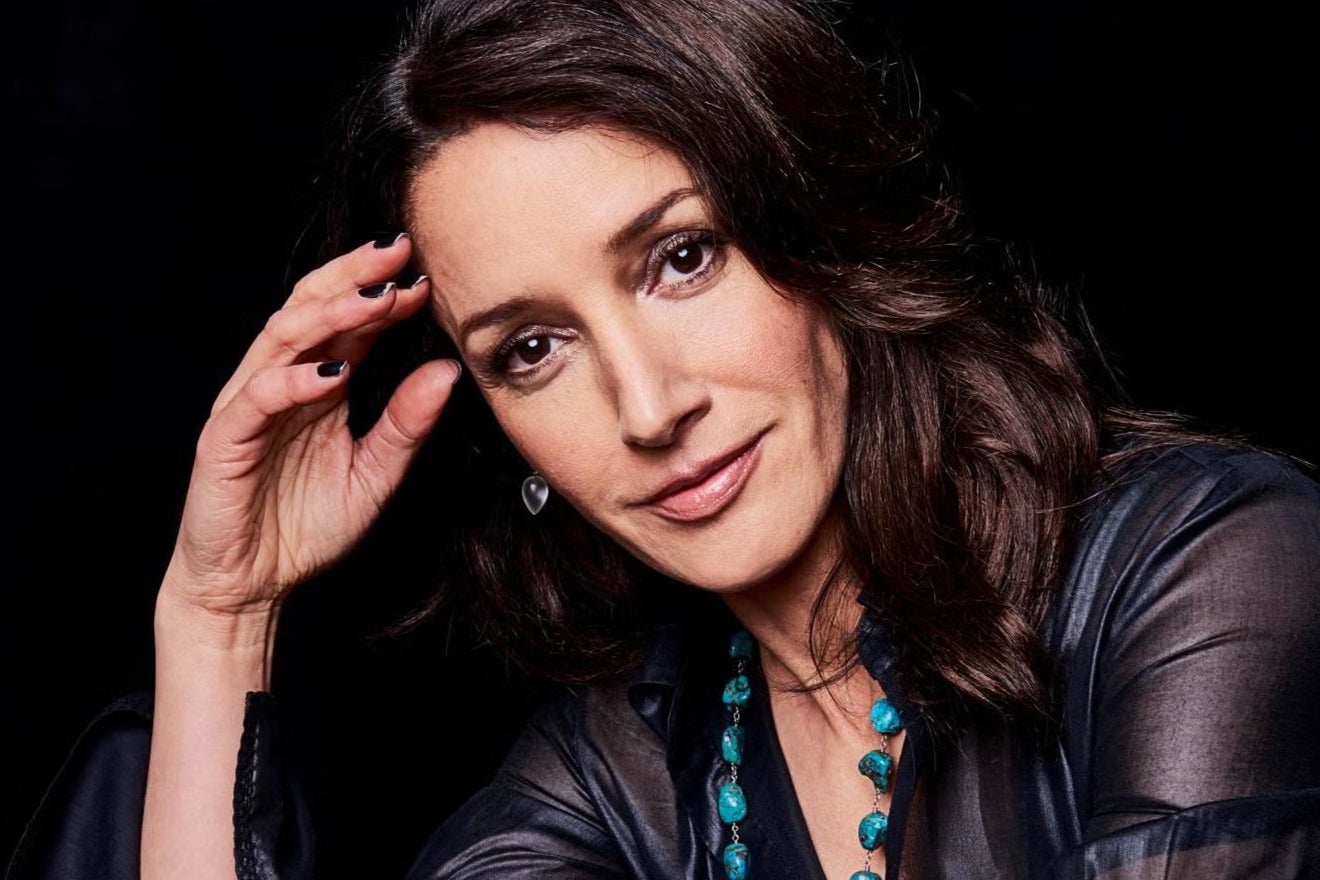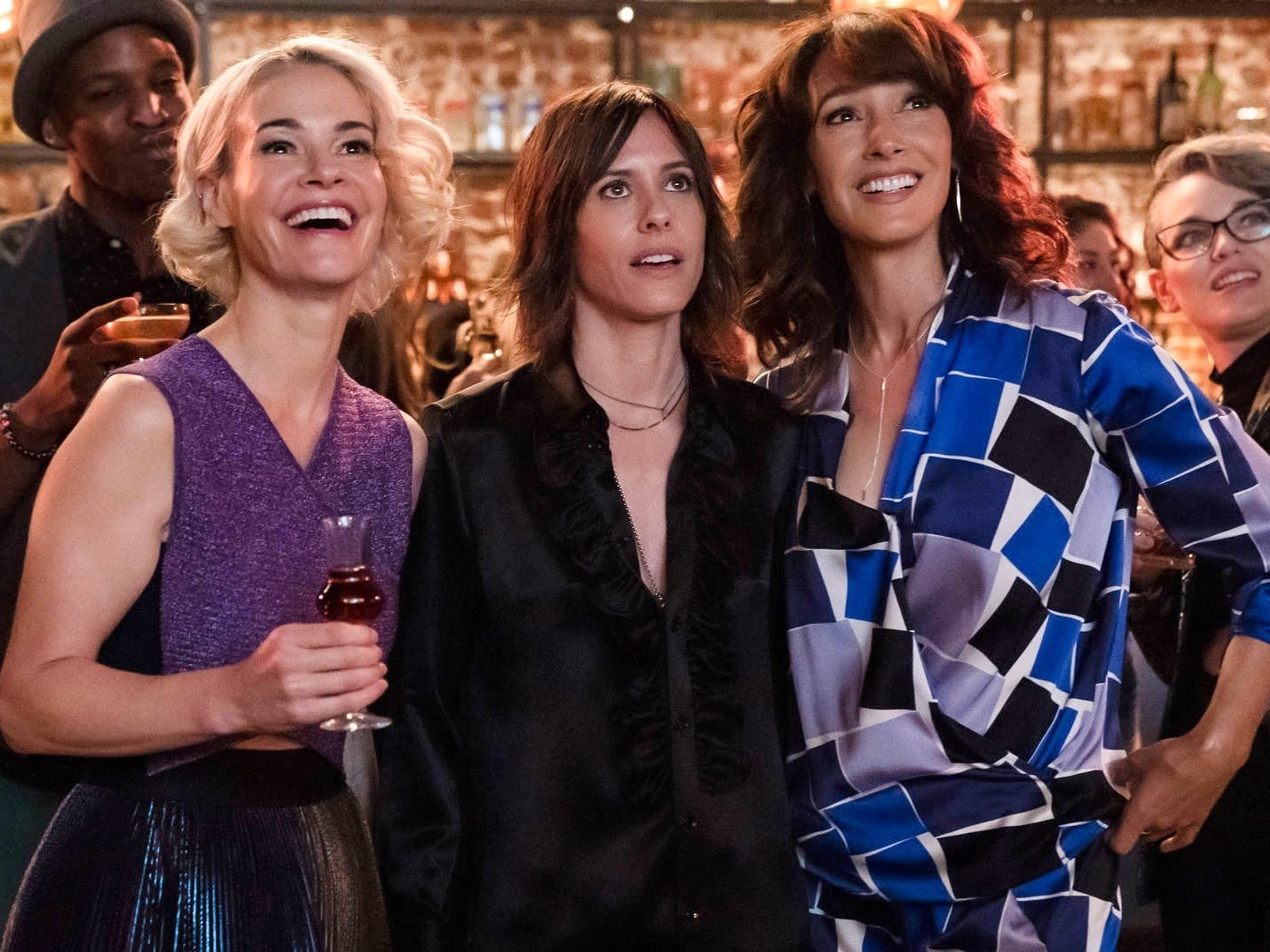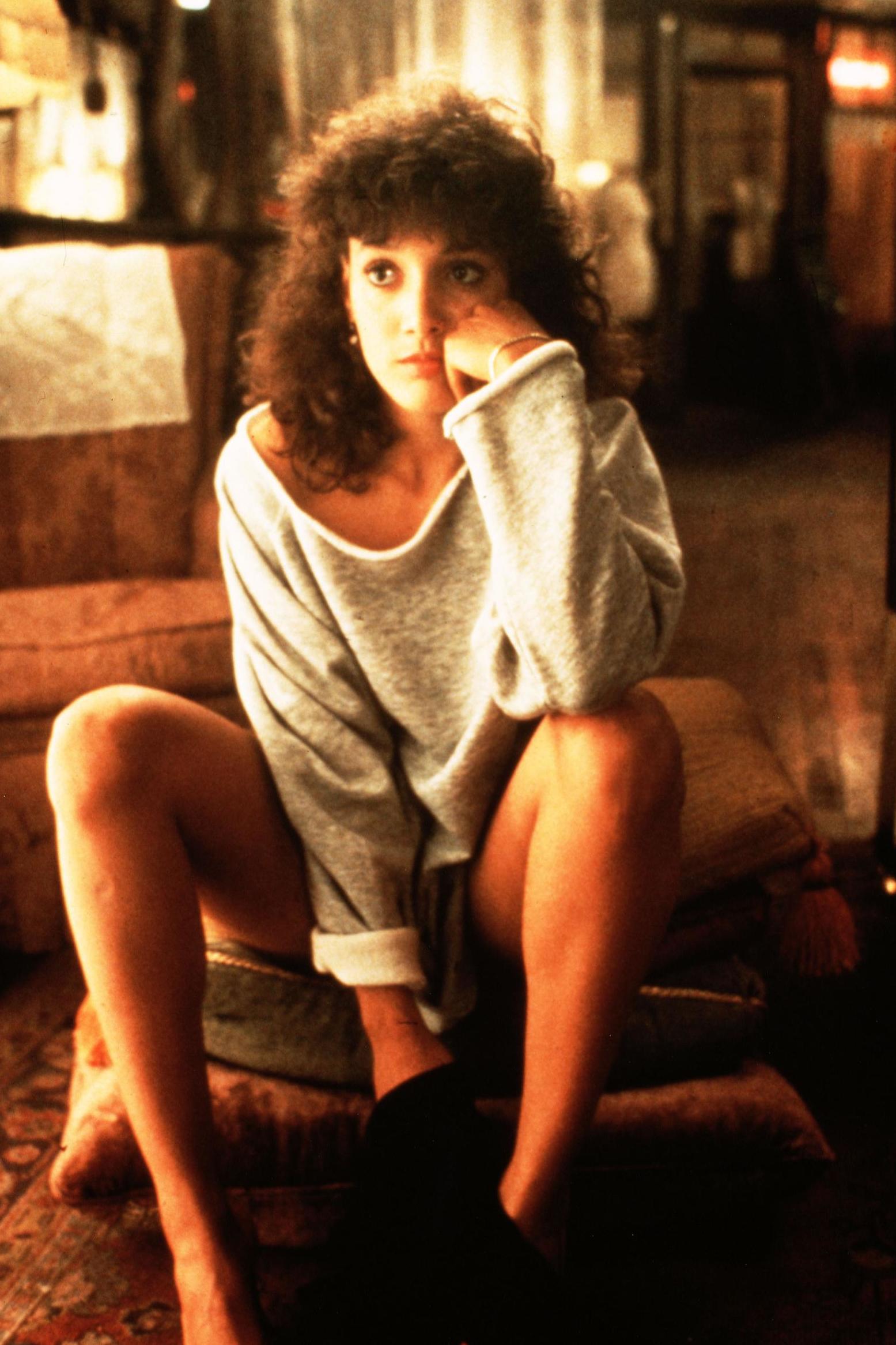Jennifer Beals: ‘You can never have enough stories about the queer community’
More than a decade after she last played lesbian gallerist Bette Porter in ‘The L Word’, Jennifer Beals talks to Adam White about returning for its new sequel series, ‘Generation Q’, the importance of queer storytelling, and how ‘Flashdance’ became an anomaly in her long and varied CV


Your support helps us to tell the story
From reproductive rights to climate change to Big Tech, The Independent is on the ground when the story is developing. Whether it's investigating the financials of Elon Musk's pro-Trump PAC or producing our latest documentary, 'The A Word', which shines a light on the American women fighting for reproductive rights, we know how important it is to parse out the facts from the messaging.
At such a critical moment in US history, we need reporters on the ground. Your donation allows us to keep sending journalists to speak to both sides of the story.
The Independent is trusted by Americans across the entire political spectrum. And unlike many other quality news outlets, we choose not to lock Americans out of our reporting and analysis with paywalls. We believe quality journalism should be available to everyone, paid for by those who can afford it.
Your support makes all the difference.About a decade ago, Jennifer Beals was approached in the street by two women in their sixties. They were a couple, and had been for decades, but had never come out to their families. That was, until they watched The L Word. Inspired by the game-changing lesbian drama series, they had finally gained the courage to live and love openly.
“I have to tell you,” says the show's star, breaking into a grin, “as a straight, cisgender woman, to be able to give to a community that has taught me so much is really a tremendous pleasure. It’s always been incredibly moving for me. Meeting those women just drove home for me the power of storytelling, and how stories can change us and can lead us to action.”
Beals’ queer appeal began more than 30 years ago. In the first few minutes of Flashdance, amid the sparks, boiler suits and melodrama, the then 18-year-old emerges from beneath a welder’s helmet, shaking loose her curly hair and disrupting the harsh masculinity of the steel mill in which her character works. Her tenure as a lesbian icon has now stretched into its fourth decade, with The L Word rebooted in the form of Generation Q. Eleven years after the show’s original run ended, Beals reprises her role as high-powered gallerist Bette Porter, alongside fellow alumnae Leisha Hailey and Katherine Moennig and a new ensemble cast of lesbian, queer and trans characters.
As the new series begins, Bette is immersed in Los Angeles politics and bruised from a series of personal calamities. The show itself, meanwhile, is just as brilliantly erratic as its predecessor – deeply moving and funny, with a tendency to fly off the rails here and there. Nothing in the episodes provided for press has been quite as deranged as the original show’s 2009 final season, in which a notoriously loathed character ended up dead in a swimming pool – but it’s early days.
“Even within its imperfection, it was creating so much good,” Beals says of The L Word’s less refined elements. “Yes, it was entertaining, sometimes it was soapy and sometimes it was a bit of a romp, but there was always an element of truth to it. It had the ability to reflect back to a whole group of people who may not have always had their stories reflected back to them.”
Both on screen and off, Beals is a calming presence, strong in her opinions but presenting them in a soft, comforting coo. She is the kind of person who could rob you blind and you probably wouldn’t hold it against her. If she ever stopped acting, she would make a spectacular motivational speaker.
Her career break came unexpectedly. A Chicago native, born to a black father and a white mother, Beals was studying American Literature at Yale University when she auditioned for her star-making role in Flashdance. In the years before, she had worked as a film extra, modelled and appeared in local theatre, but Flashdance was by far her highest-profile opportunity. She played Alex Owens, a welder by day and exotic dancer by night, who dreamt of a professional dance career. The film embodied the most extravagant excesses of Eighties filmmaking – big hair, a brassy theme song and a notorious party-animal producer in the form of the late Don Simpson.
It is also the only role of its kind on Beals’ CV. Once the film was released, she spurned additional offers of work and instead returned to her studies, only resurfacing to appear in art films, independent movies, and admirable failures like the Nicolas Cage horror movie Vampire’s Kiss (1989). Her collaborators have included Quentin Tarantino (on 1995’s Four Rooms), Alan Rudolph (on 1994’s Mrs Parker and the Vicious Circle), Whit Stillman (on 1998’s The Last Days of Disco) and the French New Wave pioneer Claude Chabrol (on 1990’s Dr M). She credits her relationship with the cult filmmaker Alexandre Rockwell, to whom she was married from 1986 to 1996, with exposing her to the kinds of work that would eventually lead to her most fulfilling creative experiences.

“Being with an auteur was really exciting,” she remembers. “I became exposed to the independent filmmaking community by virtue of my relationship to him, and I don’t think I would have been had I not been married to Alex. It was meeting the people that he knew and who came into our circle. It was because of being at Sundance back in the day, before the media extravaganza that it is now, when filmmakers could actually go to lunch together and hang out and share ideas. And that was attractive to me [as an actor], to be able to be in a concentrated vision.”

Watch Apple TV+ free for 7 days
New subscribers only. £8.99/mo. after free trial. Plan auto-renews until cancelled

Watch Apple TV+ free for 7 days
New subscribers only. £8.99/mo. after free trial. Plan auto-renews until cancelled
But surely it must have enraged her agents at the time, that she turned down lucrative opportunities in favour of more artistic endeavours? “I never surrounded myself with people who would ever question that,” she insists.
While her marriage to Rockwell gave Beals her cinematic education, The L Word formed her mindset as an activist and an ally. “I knew nothing before the show,” she laughs. “Truly, nothing.” She describes her early adulthood as one spent like “a hermit in my own little bubble”, booksmart if politically ignorant. “I had been living in New York and was obviously aware of the Aids epidemic,” she remembers, “but I didn’t really understand the politics at all. I was not a political animal for the most part.”
She says that lack of awareness followed her into The L Word, for a while. Instead of recognising how integral Bette’s sexuality was to her worldview, Beals focused her research entirely on her character’s professional life.

“I didn’t even think about her being a lesbian so much, which is so silly to say,” she says. “I was preparing mostly for her role as a gallerist and somebody who was so involved with art, because I didn’t really know the art world that much.”
Shortly before filming commenced, her husband leaned in to kiss her in a restaurant, and something occurred to her. “If we had been a gay couple,” she says, “that action would have been a huge thing in this particular restaurant, and potentially a dangerous thing. That was the first awakening.”
She talks with pride about what happened next, from working for the Obama campaign in 2008, to aligning with trans activists and then participating in the protests at Standing Rock. “The L Word taught me to be helpful in any way that I could be,” she says. “It was really a whole education. Certainly it’s not like I know that much now, but I know more, and I know to always remain curious and humble in my ignorance and dedicated in my desire to be helpful. We have a long way to go, all of us.”
The first run of The L Word coincided with the Bush administration, before coming to a close shortly after the inauguration of Barack Obama. Generation Q coincides with the last months of Donald Trump’s first term in office. It feels like a deliberate reaction to the culture at large, a show anchored by queer characters at a time in which queer rights feel most under threat. Beals agrees.
“I think the show is particularly necessary at those moments in time, but I also think queer stories are always necessary in terms of being a counter narrative to a hetero-centric narrative,” she says. “You can never have too many love stories. We would never doubt having another hetero love story, because that’s the way the culture has taught us, right? And so my feeling is: you can never have enough stories about the queer community, because it’s not a monolith. There are so many stories to tell, so we need to keep telling them. Not only for the benefit of the queer community, but for those who are not in the queer community, to shift the paradigm of thinking.” She sighs. “It benefits everybody.”
The L Word: Generation Q begins 4 February on Sky Atlantic at 10pm
Join our commenting forum
Join thought-provoking conversations, follow other Independent readers and see their replies
Comments